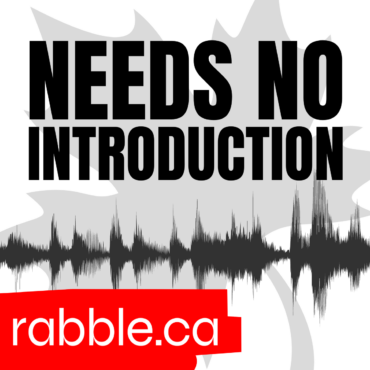
Listen to the audio recording of the event on rabble.ca
On May 5, 2009, I created an event to launch open data to the Toronto Non-Profit Community with Toronto Mayor David Miller. Toronto was one of the pioneering cities to first launch open data. I screened Us Now, a documentary on the power of the open web, and led a panel discussion with Mozilla Foundation Executive Director, Mark Surman, MaRS Discovery District Director of Social Entrepreneurship Allyson Hewitt, Family Assoc. for Mental Health Everywhere (FAME) Executive Director Christine Cooper, ChangeCamp Co-founder Mark Kuznicki, and Ontario Council of Agencies Serving Immigrants (OCASI) Online Capacity Development Coordinator Marco Campana.
Open data is data that can be freely used, re-used and redistributed by anyone – subject only, at most, to the requirement to attribute and sharealike.
Lifted from the Open Data Handbook, the key benefits to open data include:
- Availability and Access: the data must be available as a whole and at no more than a reasonable reproduction cost, preferably by downloading over the internet. The data must also be available in a convenient and modifiable form.
- Re-use and Redistribution: the data must be provided under terms that permit re-use and redistribution including the intermixing with other datasets.
- Universal Participation: everyone must be able to use, re-use and redistribute – there should be no discrimination against fields of endeavour or against persons or groups. For example, ‘non-commercial’ restrictions that would prevent ‘commercial’ use, or restrictions of use for certain purposes (e.g. only in education), are not allowed.
Open data formats enable the interoperability of datasets across various operating systems, and tax payer funded research should be saved in open data format to ensure its use and access by the public.